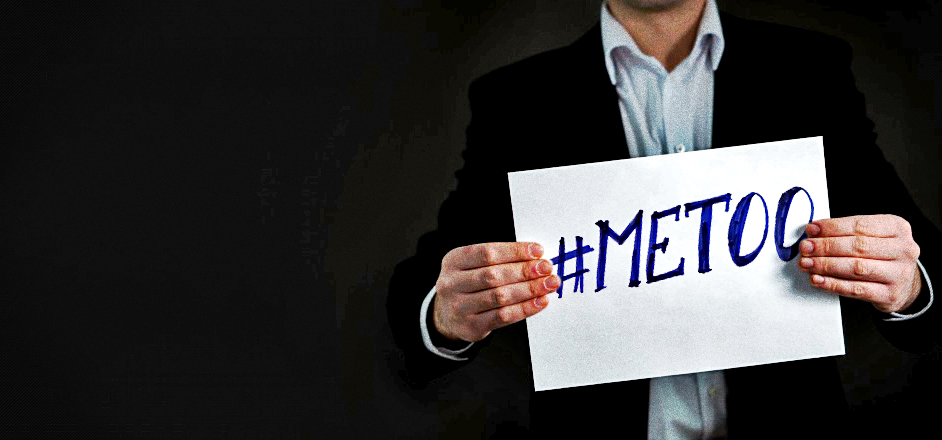One thing rarely discussed is sexual assault, the secrecy part of its power. However, recent events surrounding the massive #MeToo social media response to Harvey Weinstein’s victims have finally put the spotlight on one of the darkest secrets in our society — widespread abuse of power that leads to unwarranted sexual harassment and inappropriate sexual behavior.
Through its time, #MeToo has largely been perceived as a feminist movement, though in reality, a large portion of the men who posted the hashtag were not just doing so in solidarity with women, but are victims themselves.
A recent ABC News/Washington Post poll shows that victims of inappropriate sexual behavior are mostly women, amounting to as much as one-third of the workforce in America. And a different Washington Post survey shows that, although the numbers are lower, men also report they too have been subjected to sexual harassment in the workplace — at a rate of over 10 percent.
Bosses sexually abusing employees of both sexes aren’t rare. The practice exists as a frighteningly common occurrence in business, whether you’re a man or woman. It’s so prevalent we are mostly numb to it, to the point it can be a public secret like how the entertainment industry cracked jokes about people such as Harvey Weinstein and Bill Cosby for years before they were both fully exposed.
Being in power doesn’t necessarily make someone a sexually assaulting boss from hell, but lately it seems that a disproportionate amount of people who attain power end up that way. The great cultural critic Michel Foucault describes sex in our society as, “The correlate of exact procedures of power.” The lines between power and sex are further obscured by institutionalized abuse, as in the Harvey Weinstein case.
It turns out that he might be the epicenter of a pervasive culture of abuse that allows for the people in power to do whatever they wan to those below. Whether it’s a young starlet looking for her one chance to make it, or a desperate single father who can’t afford to lose his job, it's so pervasive as to be an everyday issue of working life in the U.S.
In corporate America, for instance, bosses weld the power between a life lived or everything simply falling apart. And if anyone has learned anything from history, it’s that making people into serfs allows for those on top more likely to abuse power.
Most of us have probably experienced someone with an ounce of authority relishing every moment of exercising that power, getting off on the chance to be in charge. But that’s their problem, and it shouldn't be yours.
Breaking the silence means confronting something we’d rather not admit, but it also offer us the chance to change things for good. If as a collective we say, “No!” to sexual abuse and harassment, we take away power, and with it their sexually inappropriate behavior.
Because the truth is that these people are cowards, and wouldn’t do what they do if challenged and called out as the monsters they are. Giving someone power over you, whether it’s in the office or home, only lasts as long as you let it.
We need to stop saying #MeToo, and start saying #ItsTheirFault and #NoMore.



Leave a Reply